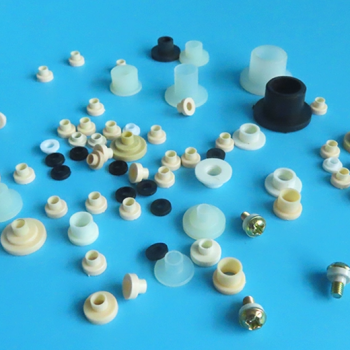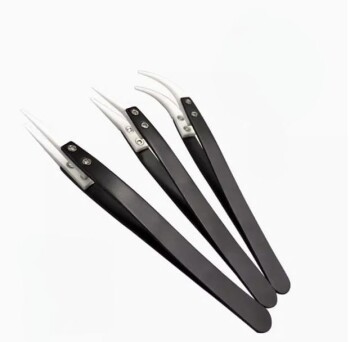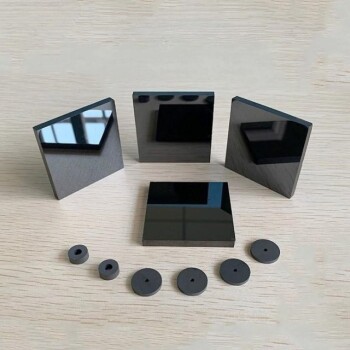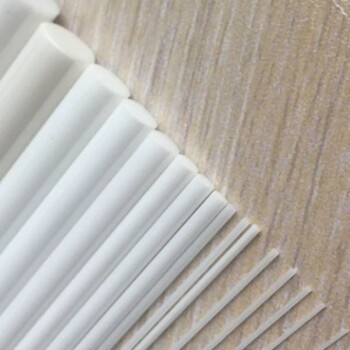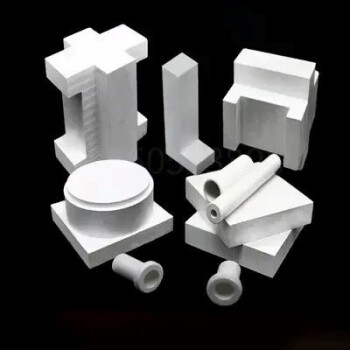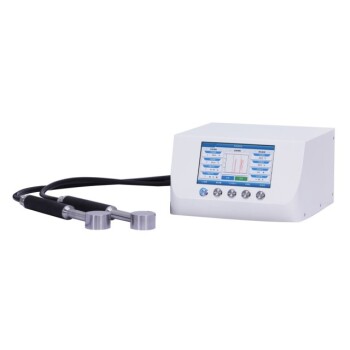Zirconia ceramics are engineered for extreme environments where conventional materials like metals and other ceramics fail. Their applications span demanding fields from biomedical implants and aerospace thermal barriers to industrial cutting tools and advanced electronic sensors. This versatility stems from a unique combination of toughness, wear resistance, and high-temperature stability.
Zirconia's value lies not in being a single-purpose material, but in its ability to act as a "ceramic steel"—offering the hardness and temperature resistance of a ceramic while possessing a fracture toughness that approaches that of some metals.
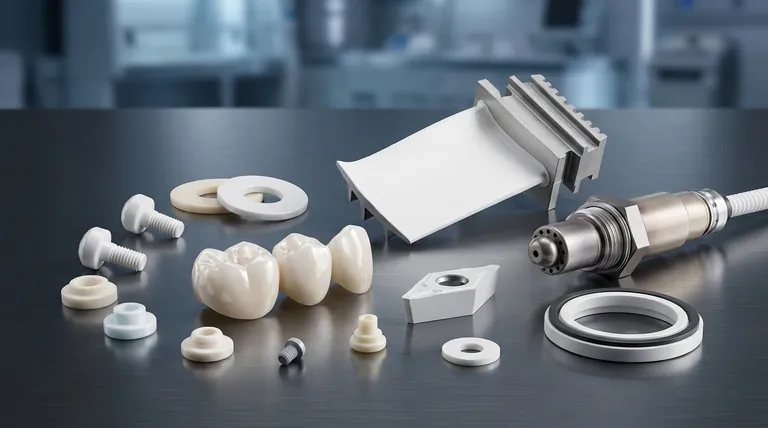
The Core Properties That Define Zirconia
To understand zirconia's applications, you must first understand the fundamental properties that set it apart. It isn't just another hard, brittle ceramic; its internal crystalline structure gives it remarkable capabilities.
Unmatched Toughness: The "Ceramic Steel"
Zirconia's most notable feature is its high fracture toughness, driven by a mechanism called transformation toughening.
When a micro-crack begins to form under stress, the zirconia crystals at the crack's tip change their structure. This transformation causes the crystals to expand, creating compressive forces that literally squeeze the crack shut and stop it from spreading.
This self-healing characteristic makes zirconia far more resistant to catastrophic failure than materials like alumina, earning it the nickname "ceramic steel."
Extreme Hardness and Wear Resistance
Zirconia exhibits exceptional hardness, making it highly resistant to abrasion and friction.
This property is critical for applications like industrial cutting blades, abrasive slurries, and wear-resistant liners and pump components. It maintains its integrity long after hardened steels would have failed.
Superior Biocompatibility and Aesthetics
Zirconia is chemically inert and highly biocompatible, meaning it does not provoke an immune response when placed inside the human body.
This, combined with its strength and ability to be colored to match natural teeth, has made it a gold standard for dental applications such as crowns, bridges, and implants. It is also used in high-stress orthopedic implants like femoral heads for hip replacements.
High-Temperature Performance
Zirconia has a very low thermal conductivity and remains stable at extremely high temperatures.
This makes it an excellent thermal barrier coating (TBC). It is sprayed onto the metal turbine blades of jet engines and gas turbines, insulating the underlying superalloy from extreme heat and dramatically extending the engine's life and efficiency.
Unique Electrical Properties
At high temperatures, a specific type of zirconia—Yttria-Stabilized Zirconia (YSZ)—becomes an oxygen ion conductor.
This means it allows oxygen ions to pass through its structure while blocking electrons. This principle is the basis for oxygen sensors (lambda sensors) used in automotive exhaust systems to optimize fuel efficiency and for the electrolyte in solid oxide fuel cells (SOFCs).
Understanding the Trade-offs and Limitations
No material is perfect. While zirconia offers exceptional performance, its use comes with practical considerations that are critical for any technical evaluation.
High Cost and Complex Processing
Zirconia is significantly more expensive than other technical ceramics like alumina.
The raw material is costly, and processing it into a dense, strong final part requires very high sintering temperatures and precise manufacturing controls. This complexity contributes to its higher price point.
Susceptibility to Low-Temperature Degradation (LTD)
Over long periods in the presence of water or humidity, some zirconia formulations can undergo a slow phase change that can reduce their strength.
While modern medical-grade zirconia has been engineered to be highly resistant to this phenomenon, it remains a fundamental characteristic of the material that must be managed through proper formulation and processing.
High Density
Zirconia is a dense material, with a specific gravity roughly twice that of alumina.
In applications where minimizing weight is the primary goal, its high density can be a significant disadvantage compared to other ceramics or composite materials.
Making the Right Choice for Your Application
Selecting zirconia requires matching its unique strengths to the specific demands of your problem.
- If your primary focus is extreme wear resistance and fracture toughness: Zirconia is an ideal candidate for cutting tools, pump components, and grinding media where other ceramics would shatter.
- If your primary focus is biocompatibility and aesthetics: Zirconia is the state-of-the-art material for dental restorations and a leading choice for durable, load-bearing orthopedic implants.
- If your primary focus is high-temperature insulation or oxygen sensing: Yttria-stabilized zirconia (YSZ) is the definitive material for thermal barrier coatings and the core component of solid oxide fuel cells and oxygen sensors.
- If your primary focus is cost-sensitive structural parts: You must carefully evaluate if zirconia's superior performance justifies its higher cost compared to materials like alumina or silicon nitride.
Ultimately, understanding zirconia's unique blend of properties is the key to unlocking its potential for the most demanding engineering challenges.
Summary Table:
| Application Area | Key Properties Utilized | Examples |
|---|---|---|
| Biomedical | Biocompatibility, Strength, Aesthetics | Dental crowns, hip implants, bridges |
| Aerospace & Energy | High-Temp Stability, Thermal Insulation | Thermal barrier coatings, fuel cells |
| Industrial Tools | Hardness, Wear Resistance, Toughness | Cutting blades, wear liners, pump parts |
| Electronics & Sensing | Oxygen Ion Conductivity (YSZ) | Oxygen sensors, lambda sensors |
Ready to leverage the superior performance of zirconia ceramics in your lab?
KINTEK specializes in providing high-quality lab equipment and consumables, including advanced ceramic components. Whether you are developing medical implants, high-temperature processes, or durable industrial tools, our expertise can help you select the right materials for your most demanding applications.
Contact our experts today to discuss how our solutions can enhance your research and production efficiency.
Visual Guide
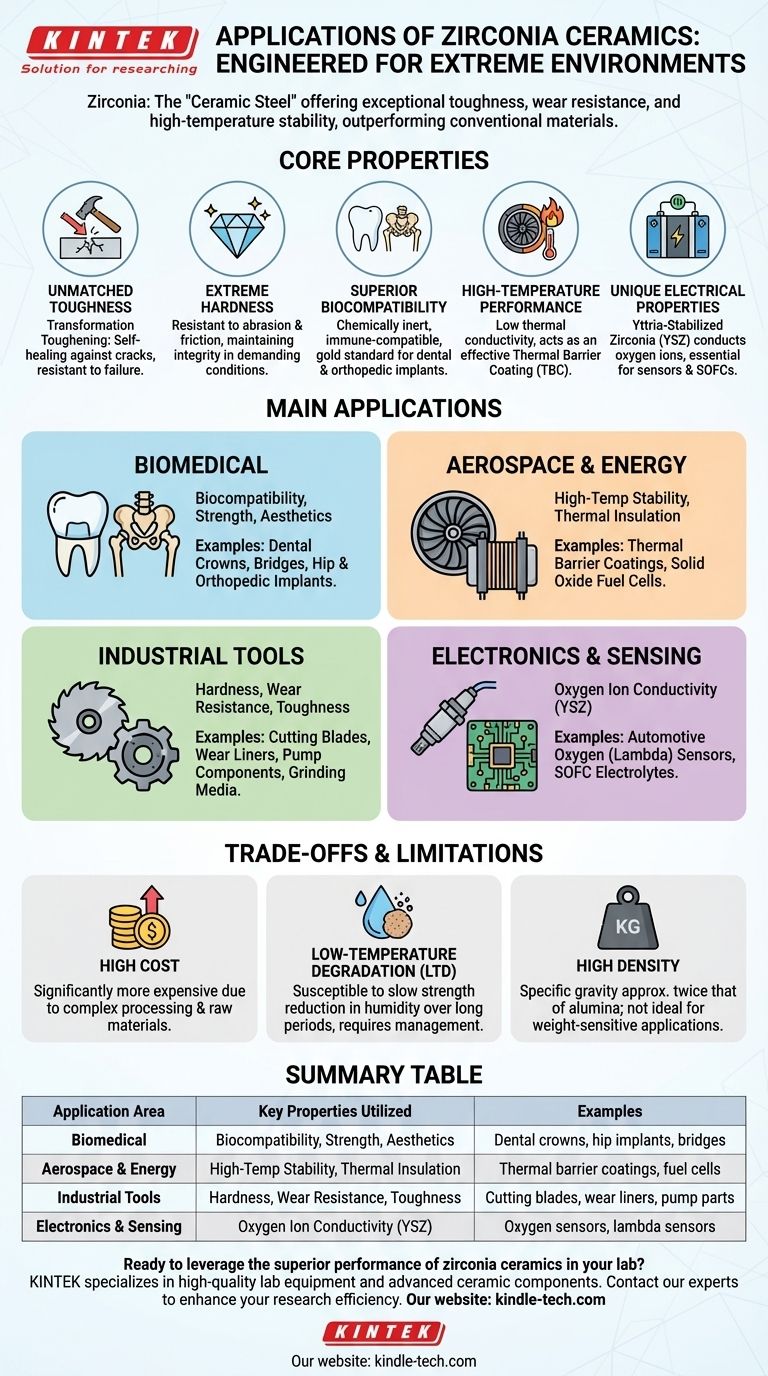
Related Products
- Zirconia Ceramic Gasket Insulating Engineering Advanced Fine Ceramics
- Precision Machined Zirconia Ceramic Ball for Engineering Advanced Fine Ceramics
- Engineering Advanced Fine Ceramics Head Tweezers with Pointed Elbow Zirconia Ceramic Tip
- Silicon Carbide (SIC) Ceramic Sheet Wear-Resistant Engineering Advanced Fine Ceramics
- Engineering Advanced Fine Alumina Al2O3 Ceramic Rod Insulated for Industrial Applications
People Also Ask
- What is the function of a ceramic liner in a reaction chamber? Enhance Data Precision in Steam Oxidation Testing
- Why is density important in ceramics? It's the Key to Mechanical Strength and Performance
- What is the purpose of adding yttria to zirconia? Master High-Performance Ceramic Stability and Strength
- What material is used for pusher plates? Discover Mullite's Superior Chemical and Thermal Shock Resistance
- What is the temperature resistance of silicon carbide? Withstands Extreme Heat Up to 1500°C
- What is the firing temperature of alumina? Mastering the 1300°C to 1700°C Range for Optimal Results
- What is ceramic powder used for? Unlocking High-Performance Materials for Your Industry
- What is one of the newest applications for dental ceramics? Monolithic Zirconia for Full-Arch Bridges
